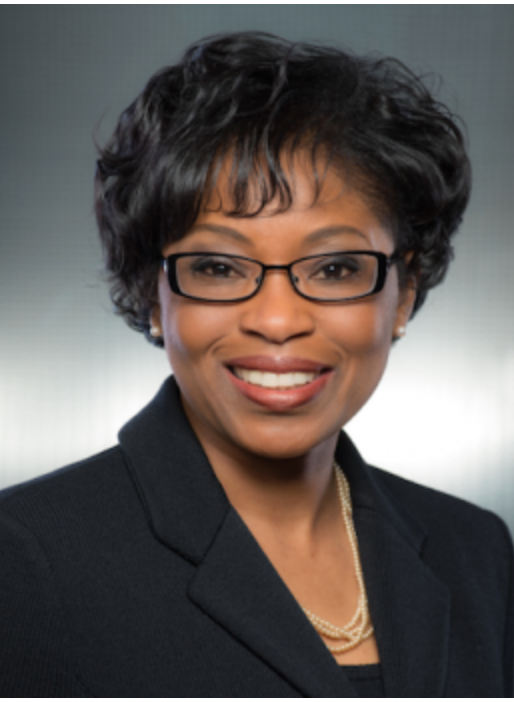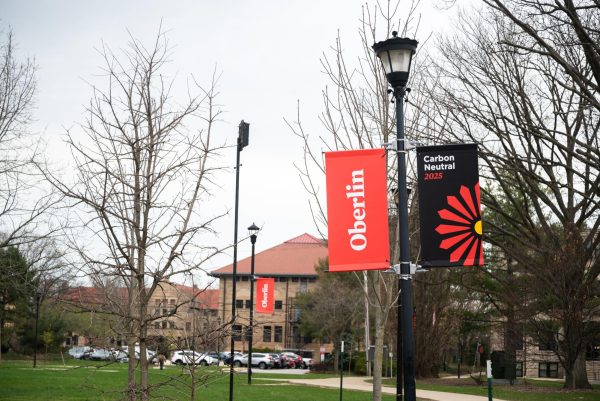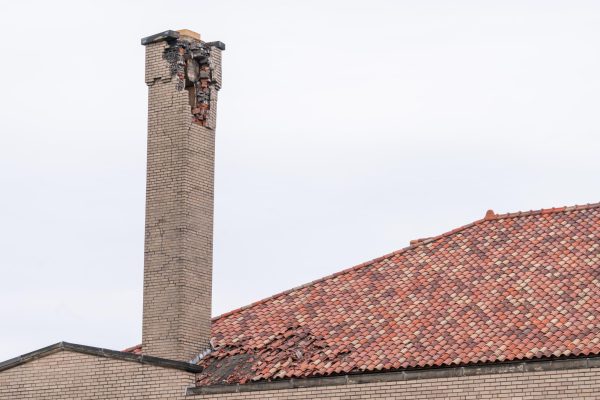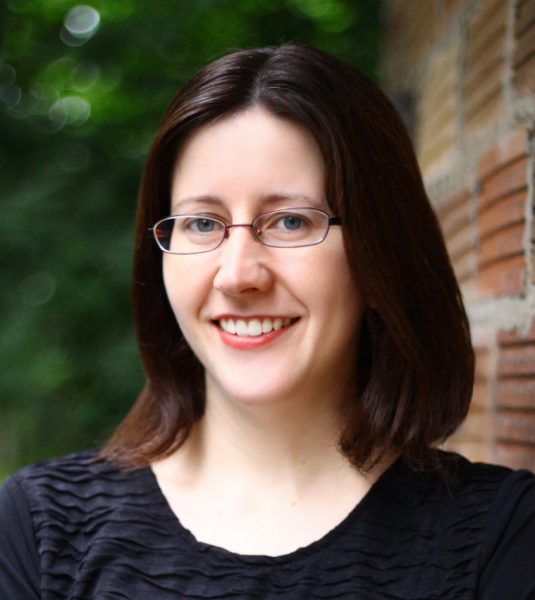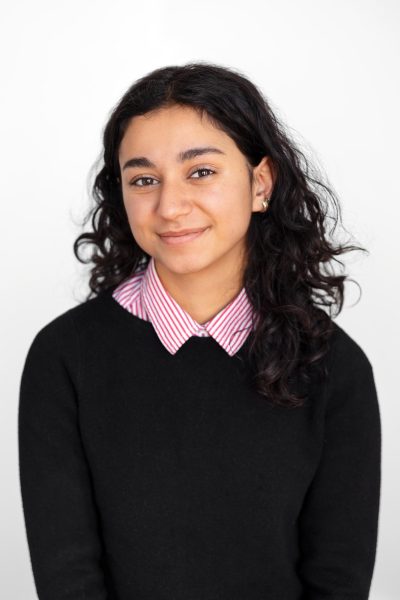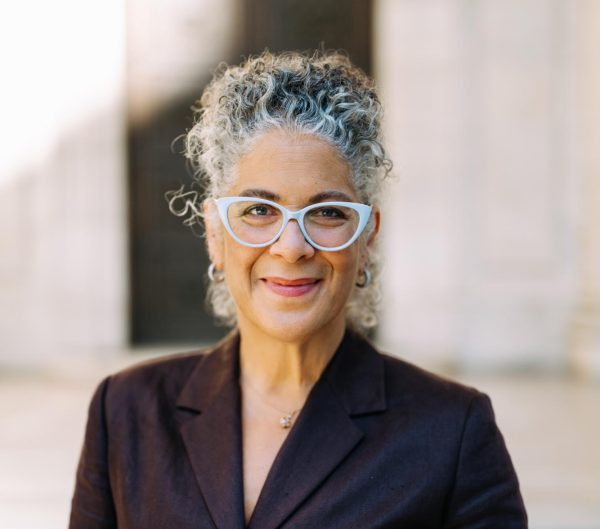Off the Cuff with Donica Thomas Varner, Former Vice President, General Counsel, & Secretary
Vice President, General Counsel, and Secretary Donica Thomas Varner has worked at Oberlin for four years managing a variety of the College’s legal needs. Varner has helped the Board of Trustees and senior staff navigate issues around minimizing legal risk during the pandemic, Title IX compliance, navigating employment and labor affairs, and more. Varner was recently elected to the College of Labor and Employment Lawyers as a new fellow. She will now transition to Cornell University where she will be vice president and general counsel. Her last day on campus was June 30, and she is now settling into her new life in Ithaca, NY. The Board of Trustees has appointed Josh Nolan as interim vice president, general counsel, and secretary.
This interview has been edited for length and clarity.
Can you explain what the Office of the Vice President, General Counsel, and Secretary does?
The Office of the Vice President, General Counsel and Secretary really has three main functions. The first one is the legal function. This position serves as the chief legal officer for the College, providing legal and compliance advice to the Board of Trustees, to the executive officers of the College, and to various members of the College community when they’re acting on behalf of the College. So the general counsel is responsible for being knowledgeable about current compliance and regulatory obligations. We hire outside counsel to represent the institution in lawsuits, regulatory investigations, or administrative hearings. So when you think about all the different areas that a lawyer might practice in, being a chief legal officer for a college or a university encompasses many of those fields. We deal with real estate and construction employment and labor issues, disability and civil rights issues, student affairs issues, philanthropy, and gift agreements. We do just about everything, except for criminal law.
The second “big bucket” work that we do as the secretary is providing governance advice and support to the Board of Trustees and to the faculty governance committees. And then lastly, the vice president part of the work is being part of the senior leadership team and providing strategic counsel and advice to assist the institution and achieving its short-term and long-term goals.
What has been the most challenging part of your time at Oberlin?
My time at Oberlin has been fantastic. As a higher education lawyer, being able to work here in this environment has been great. Oberlin is at the forefront of many of the important legal issues facing higher education. Issues of how people can be in a community across differences implicates lots of different and exciting legal areas such as speech issues, discrimination and anti-harassment, Title IX compliance, academic freedom, and tenure. So figuring out ways in which we bring a diverse group of people to create an academic community of artists and scholars and researchers is an exciting part of this work.
Sometimes, as a student, it can feel like Oberlin has a lot of legal needs — with the case in the dance department, the Gibsons case, and various Title IX issues. Do you feel like Oberlin needs more legal help than other campuses?
No, I don’t. I think that all college campuses are dealing with a lot of legal and compliance issues, so I don’t think Oberlin is unique in that way.
Tell me about the College of Labor and Employment Lawyers fellowship. Is that something that you had to apply for or did they just find you?
A little bit of both. [The College of Labor and Employment Lawyers] is a selective professional organization for attorneys who practice in the areas of labor and employment law. It requires you to have practiced for, I think, at least 20 years and it’s also by invitation. It is a peer-review process, where people are looking at your career, your contributions, your commitment to professionalism and service, and there is a decision whether or not to extend an invitation. So I’m extremely proud and honored to be part of this distinguished group of legal professionals that includes many lawyers with whom I practiced with and against in Michigan and Ohio. It’s quite an honor and I’m very humbled.
They have annual meetings and there are opportunities for service, and there are expectations that you will serve in various committees, so it’s a wonderful opportunity to advance the field of labor and employment law, as well as professionalism in that field.
It seems like your role might’ve been particularly difficult in a global pandemic where there were so many unprecedented decisions that the College had to make.
I think effective general counsels are invited into those conversations and find a way to communicate. The senior leadership team and faculty at Oberlin look to their general counsel colleagues to assess compliance issues, to assess risk issues, to provide different options, [and] to minimize legal risk. For example, we had to make sure that we had contracts that would allow for testing to happen, that we had contracts that allowed for people to come and administer the tests, and that our protocols were consistent with the best available public health guidance. There is an important function for a general counsel in managing these big types of projects and also making sure that we limit our legal risks.
Another example of the way we contributed is making sure that when we thought about tuition refunds that we did it in a way that was consistent with our values and provided families and students with a fair and appropriate prorated refund for the time that they weren’t able to experience the campus the way we all intended. I think families appreciated that. As a result of us being thoughtful about the legal ramifications and centering our work in what is right for our families, we avoided any class action lawsuits.
What will you miss the most about Oberlin now that you’re leaving?
I will really miss my engagement with students. Oberlin students are extremely bright and creative, and they come to us with a passion — they care about the world and making the it a better place. And I think Oberlin students distinguish themselves in that way from other places that I have had the privilege of being associated with. And this Commencement I was able to see the class that entered when I started in June of 2017. It’s just wonderful to see you all grow and contribute and then go on and launch your careers. I will miss Obies.
What will you miss the most about Oberlin now that you’re leaving?
I will really miss my engagement with students. Oberlin students are extremely bright and creative, and they come to us with a passion — they care about the world and making the it a better place. And I think Oberlin students distinguish themselves in that way from other places that I have had the privilege of being associated with. And this Commencement I was able to see the class that entered when I started in June of 2017. It’s just wonderful to see you all grow and contribute and then go on and launch your careers. I will miss Obies.


